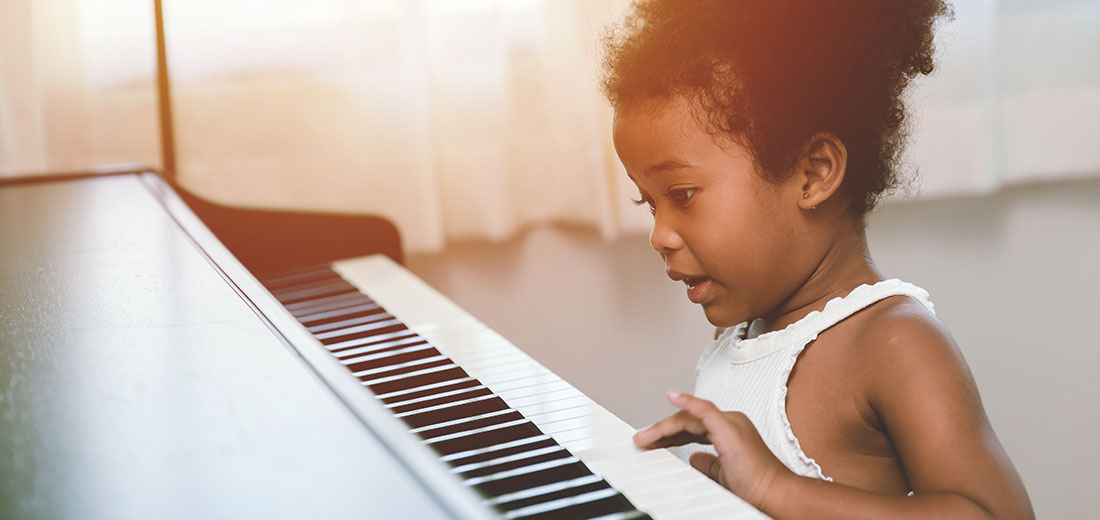Parents would consider sending their children for music classes due to the wide array of benefits regardless of which musical instrument they learn to play. Children who learn music tend to get a headstart in many aspects of life including improved speech development and the ability to learn to read quickly and easily. It is also proven that these children have better working memory skills and increased coordination. However, there are many considerations when deciding which is the best musical instrument that suits your child and there is no one-size-fits-all solution. Here are some factors that might help you in your decision.
Personality
This may be a factor that many parents overlook, but it is necessary to take your child’s personality into consideration when selecting the right musical instrument. Children who are more extroverted would enjoy being in the center of attention and they might be more suited to play the violin, guitar or the flute, which are usually outstanding and featured when they are part of musical groups. Conversely, instruments such as the piano may be suited for more reserved children who usually learn to play it solo or in small groups.
Age
The physical strength and height of your child play important factors. Some instruments require more strength to hold, play and transport, such as the cello which is heavy and bulky and could pose as a challenge if your child is of a smaller build. Certain instruments also require your child to be of a certain size for them to be able to play. Although there are some instruments that come in various sizes, others such as the trombone’s full range of slide mechanism may be a challenge for some children when it comes to hitting all the notes.
Popularity of the Instrument
The popularity of the musical instrument may impact your child’s music learning experience. Some children enjoy learning in the company of others. Certain instruments such as the piano, violin and guitar are popular instruments and children can easily make friends in class. They may also be able to connect better with other children learning the same instrument in school. On top of that, you will be able to find teachers and ready resources easily. However, it might also be more difficult for your child to enter a musical group due to the steep competition as compared to less common musical instruments.
Financial Considerations
Finally, it is important to consider the costs of the musical instrument you wish to send your child to learn as it potentially could be a long term investment. Developing competency in an instrument takes years and a lot of practice, which means you might need to invest in the instrument for your child to practice outside lesson time. For example, pianos are known to be the most expensive ranging around 2000 dollars. You may consider rental of instruments if you are unsure of committing in case your child has a change in interest. The maintenance cost of the instrument as well as lessons and examination costs must also be factored in as well.
Deciding on the right instrument for your child is very important as it gives them the right start in their musical journey. However, parental support and commitment to their learning are still the most vital in your child’s success.




